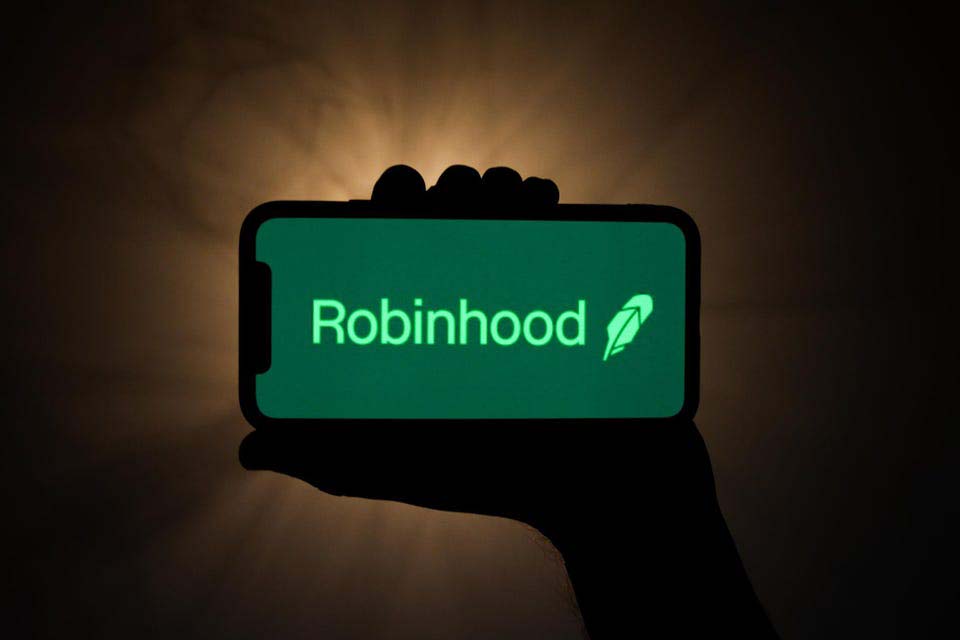Due to limits it placed on relevant stock trading during the 2021 stock market boom, online stockbroker Robinhood must now answer to charges of market manipulation, a U.S. District Court judge in Miami declared on the 11th. In response to this outcome, Robin Hood said the business would keep defending its position.
According to Reuters, U.S. District Court Judge Cecilia Altonaga in Miami decided on the 11th that shareholders in GameStop Corp., AMC Entertainment Holding, and seven other companies can continue to sue Robin Hood as a class action, claiming that Robin Hood’s trading restrictions artificially suppressed share price.
Customers were temporarily prohibited from purchasing several well-known stocks, including GameStop and AMC, by Robinhood in January 2021. Retail investors helped these companies’ stocks rocket to exceptionally high levels at the time thanks to social media, which finally forced brokerages like Robin Hood to block related transactions, infuriated retail investors, and damaged market trust. These brief memes were also a result of this enormous volatility. Stock hedge funds have incurred huge losses.
A surge in demand for Robinhood’s clearinghouse to $3 billion in cash, a requirement set by the National Securities Clearing Corporation, led Robinhood to revoke users’ 1-day right to buy particular stocks at the time. Robinhood also temporarily limited the number of popular stocks that users could buy.
The lawsuit involving Robin Hood’s behavior during the meme boom being handled by Cecilia Altonaga. She previously denied claims that Robinhood improperly coordinated with other brokerages to avoid a short squeeze, as well as claims made by retail investors that Robinhood acted carelessly and violated its duty of care to customers.
Judge charges Robinhood with purposely lowering stock price.
On the 11th, Cecilia Altonaga denied Robin Hood’s request to dismiss a different charge. In order to artificially lower the price of nine stocks, the complaint claims that Robinhood engaged in market manipulation by canceling pay orders, selling customer equities, and exercising settlement options.
Despite the fact that these trading restrictions alone do not support claims of market manipulation, according to Cecilia Altonaga, they “show that Robin Hood intends to artificially act in its own interests” when coupled with the company’s “opaque and conflicting statements to cover up its lack of funding.” lowering the stock’s price
The judge’s decision requires Robinhood to address claims from traders that the company’s alleged manipulation infringed on federal laws against securities fraud. However, the judge rejected claims that Robin Hood engaged in market manipulation to persuade investors to sell the company’s shares.
Cheryl Crumpton, the company’s deputy general counsel for litigation and regulatory enforcement, responded to the decision by saying that Robinhood would continue to defend itself on the basis of its actions, which it believes were necessary and appropriate for the client and that the court had neither ruled on the facts nor the merits of the case.



